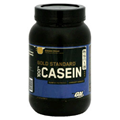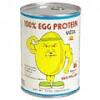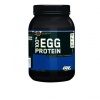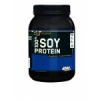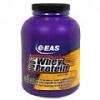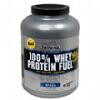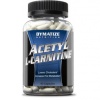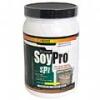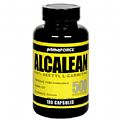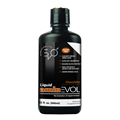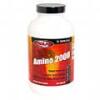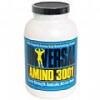- Proper protein consumption is the single most important factor in any bodybuilding program. Without adequate protein you would not see any significant gains even after a thousand trips to the gym
- The amount as well as the timing of protein consumption is also critical if you are wanted to add size and strength
- Nothing is more discouraging than spending hours in the gym with little or nothing to show for it. Make your hard work pay off by putting protein and its ability to build muscle to work for you today
- By following the proper protein guidelines listed below you’ll see explosive gains and increased lean muscle mass
- Protein supplementation is a must for any protein weight gain nutritional program
The first rule for building lean muscle and lots of it is to ignore the governmental guidelines for protein consumption. There is a lot of bad information out there being dispensed by doctors and nutritionists alike. High protein diets has gotten a bad rap over the years although there are only a few misguided studies from the 60’s that show any negative health effects from consuming a lot of protein. The latest research now shows the extreme benefits of high protein consumption. Benefits such as ability to build lean muscle mass, lose unwanted body fat are just a few. The RDA for a 175-pound man is only 63 grams of protein. The formula is based on consuming 0.8 grams of protein for every 2.2 pounds of body weight. 63 grams of protein represent about 1 and one half chicken breasts. It would be a safe bet that Arnold consumed a little more protein than that to reach his size and strength. The general rule that most bodybuilders and weightlifters follow is one gram of protein for every pound of body weight. Depending on your workout intensity and genetics this is good rule to follow.
Another protein principle to follow as part of your bodybuilding program is to only eat complete proteins. Complete proteins have all the amino acids and build muscle better than incomplete proteins. Complete proteins can be found in animal sources such as meat, chicken, fish, pork and dairy products. Focus on eating lean protein such as chicken and fish but throw in the occasional steak or hamburger to make sure you’re getting enough fat in your diet, but don’t spend all your time at the drive-thru chowing down burgers. Avoid soy protein substances like tofu, lentils and beans because of their inferior nutritional profile not to mention the taste.
Use high quality protein supplements such as 100% whey and casein protein to reach adequate protein intake. Although not intended to replace whole food protein powders are a prerequisite of success for anyone serious about building muscle. Whey protein has a rapid absorption rate into the body so it goes to work right away repairing and building muscle tissue. You’ll want to consume at least forty ounces of whey protein powder within thirty minutes of your workout. Casein protein is absorbed slowly over a period of hours so it is most effective taken at night that way your body is using it rather than existing muscle tissue to repair and build. Look for protein supplements that provide at least twenty grams of protein per serving. Find something that tastes good so you’ll stick with it. Spread out your protein quota throughout the day dividing it into five to six meals with breakfast and your post workout meal having the most protein.
Tags: bodybuilding program, Protein Consumption, protein weight gain











